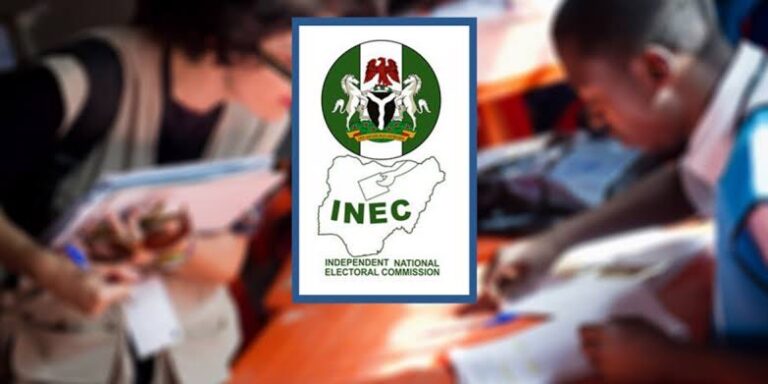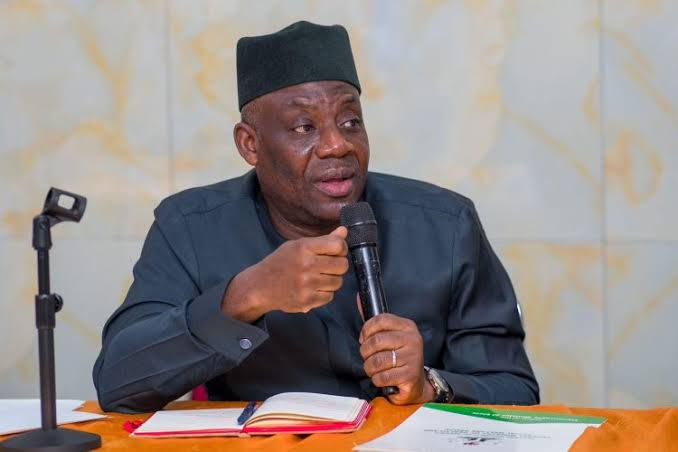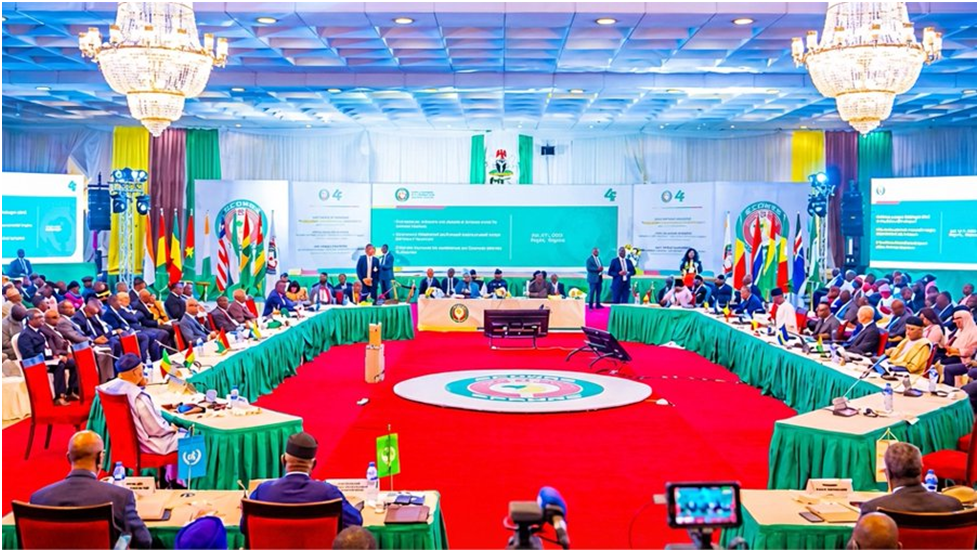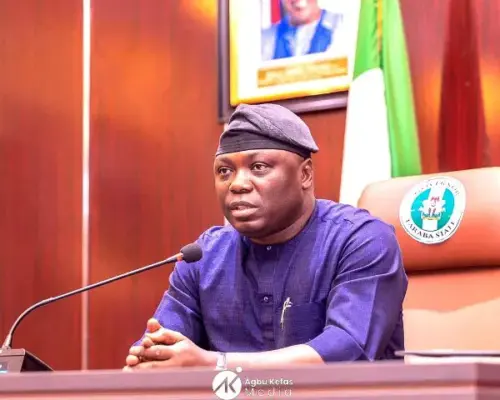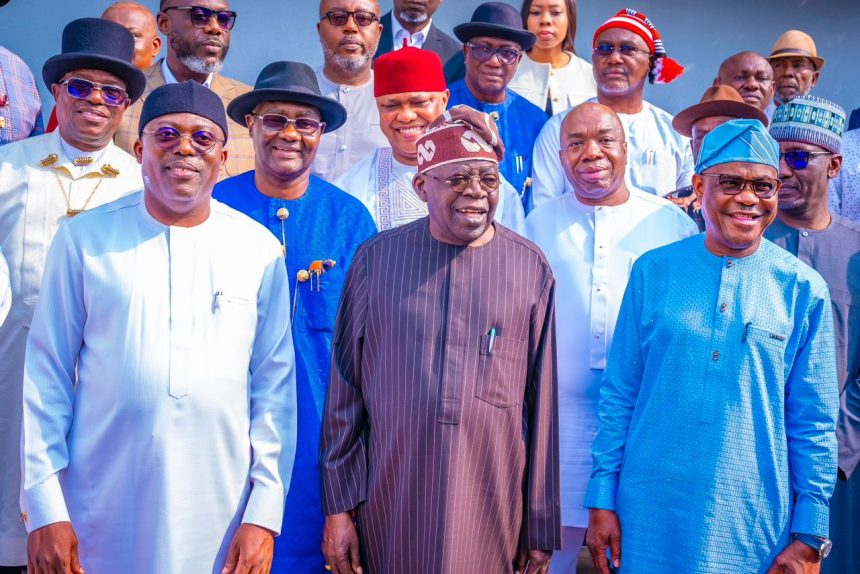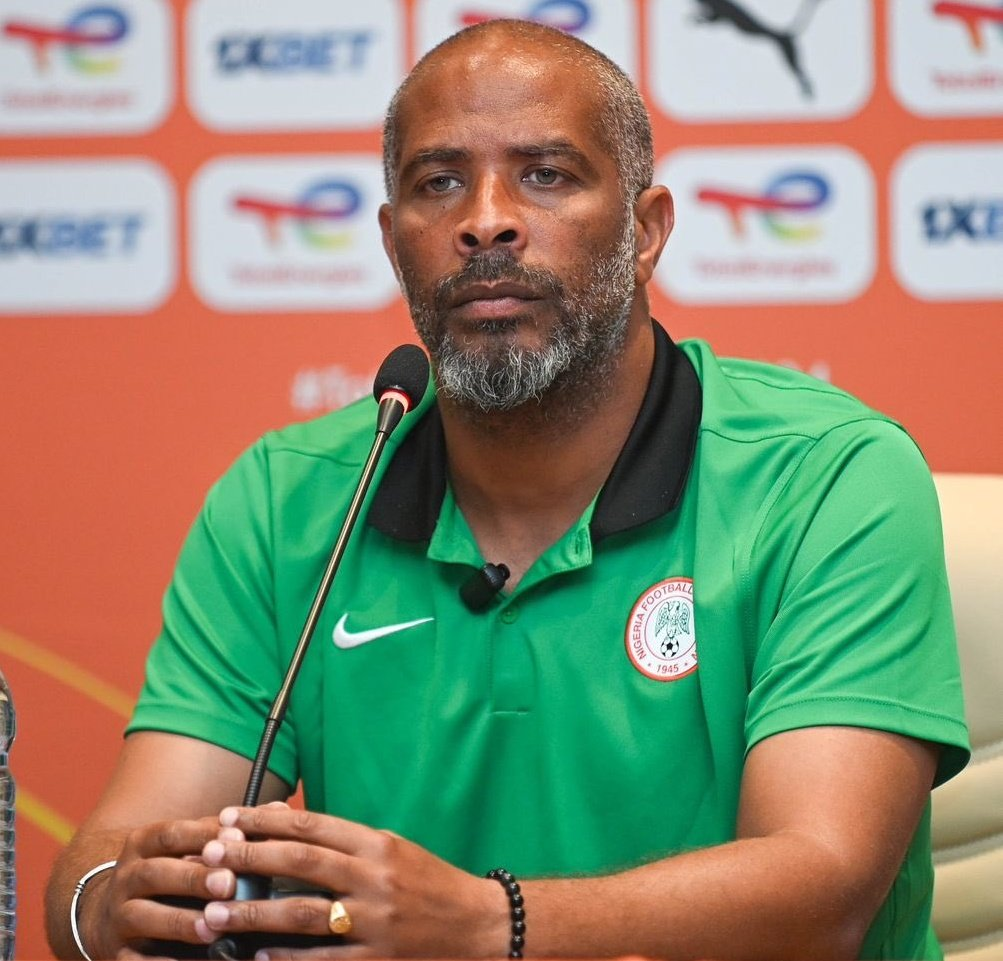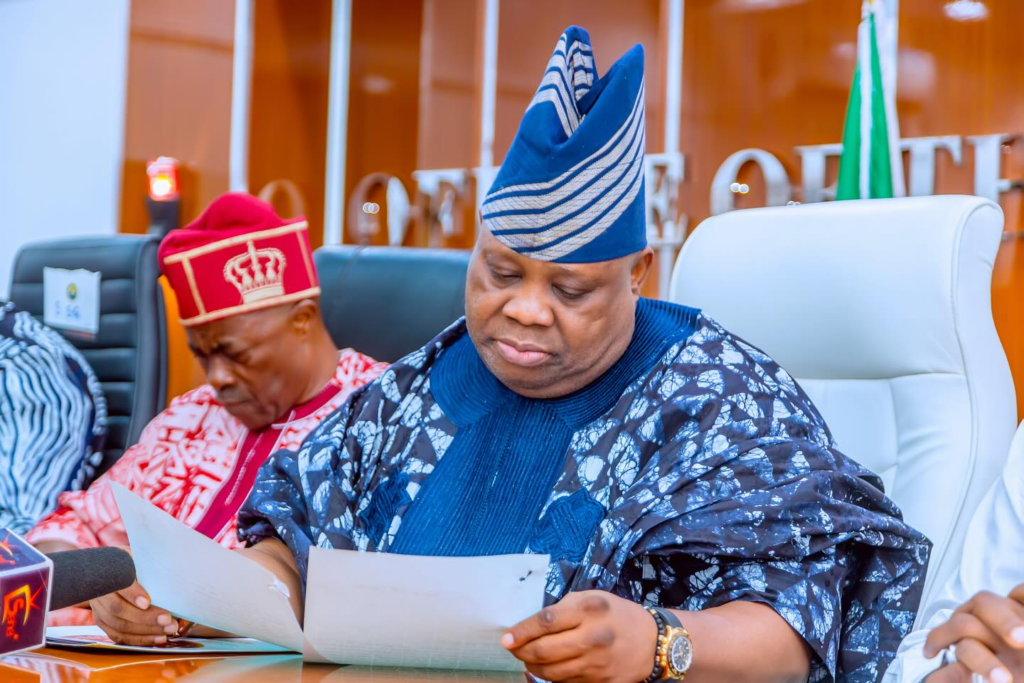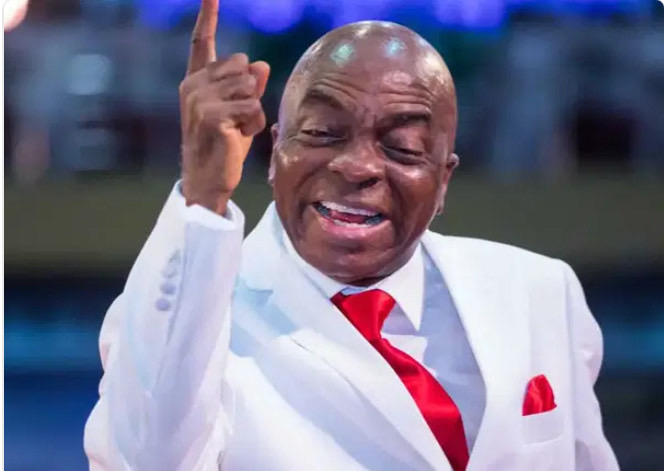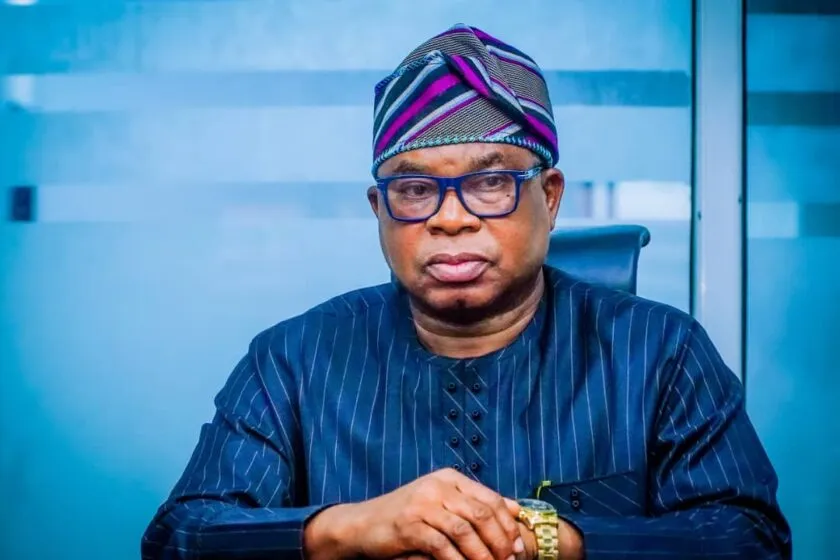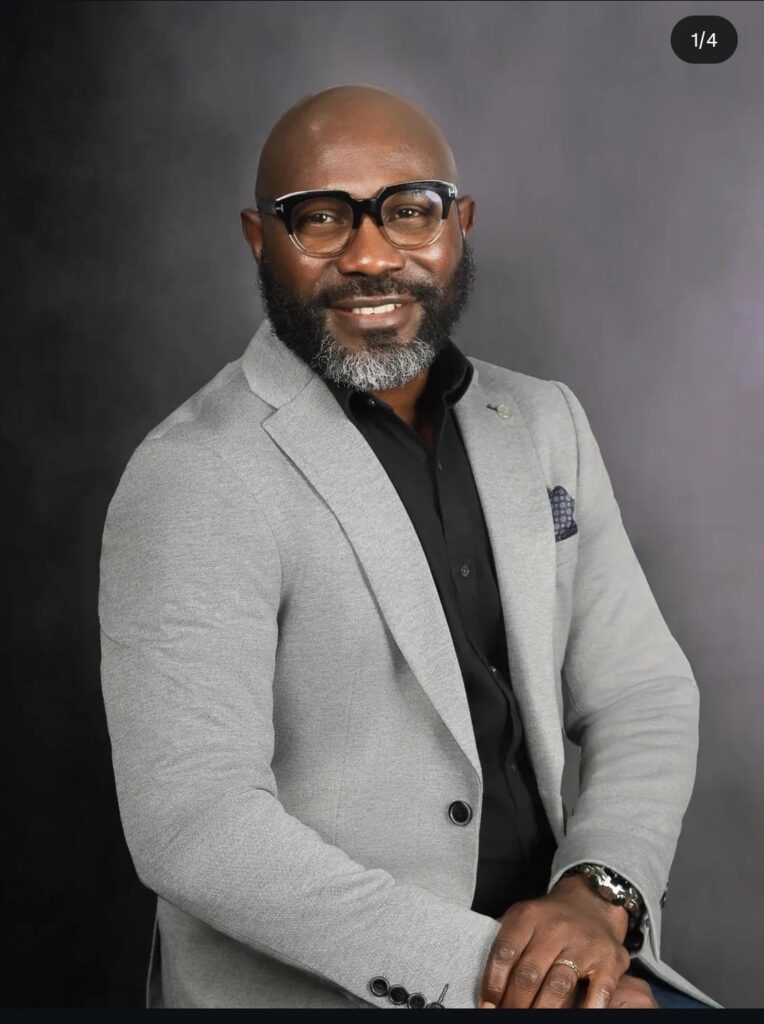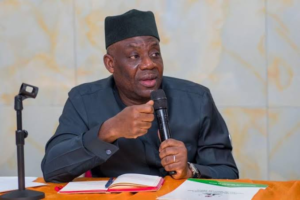Dr. Chibuike Ugwoke, a cybersecurity specialist, made claims during the Presidential Election Petition, PEP, court hearing on Thursday.
He claimed that the Independent National Electoral Commission (INEC) uploaded an image of a book instead of the presidential election results to its results portal by mistake.
Ugwoke testified as the seventh witness before the Presidential Election Petition Court in Abuja in a petition filed by Peter Obi, the Labour Party’s candidate, seeking to overturn President Bola Tinubu’s election.
Despite the fact that Ugwoke began his evidence on Wednesday, his cross-examination was moved to Thursday to allow Respondents time to examine his statement.
Along with INEC, President Tinubu, Vice President Kashim Shettima, and the All Progressives Congress were among the respondents in the case.
Dr Ugwoke, during questioning, explained that he examined INEC’s ICT infrastructure, referring to his analysis as “Meta Data.”
He focused his study on 12 polling units across three states – Bauchi, Anambra, and Rivers – and included Benue state in his report.
Ugwoke revealed that INEC officials made errors while uploading data to the IReV portal. He, however, did not know who was responsible for these mistakes.
“I don’t know who made the uploads, but it was from the BVAS and the number is there,” Ugwoke admitted.
The cybersecurity expert further stated that he found an instance where an image of a book was uploaded on the IReV portal in place of election results.
Despite INEC’s claims of technical glitches affecting the electronic transmission of results, Dr Ugwoke argued that such technological errors should be detected during testing before deployment.
He reiterated, “Errors arise at the time of testing, but after deployment, the probability for an error to arise may be very negligible. However, it is not impossible for an error to arise after deployment.”
After Dr. Ugwoke’s dismissal from the witness stand, the eleventh witness was Emmanuel Edet, a legal practitioner and the head of legal services of the National Information Technology Development Agency (NITDA).
According to Edet, there was no correspondence between NITDA and INEC over the ICT technology employed for the 2023 general elections.
INEC’s legal team and President Tinubu’s counsel both objected to Edet’s testimony, claiming that it did not conform with the law because the witness was not named by the petitioners from the start.
The hearing was postponed until Friday to allow for additional cross-examination. Despite the issues highlighted, the INEC maintains that the election was free and fair, and that the charges are without merit.
The hearing adjourned until Friday for further cross-examination. Despite the raised concerns, the INEC maintains that the election was free and fair, and the allegations are baseless.
*Witness Claims INEC Erased Data Of Presidential Election Results*
Hitler Nwala, a digital forensic expert, who took the stand of a witness, testified at the ongoing Presidential Election Petition Court in Abuja.
Nwala asserted that he had discovered evidence of data deletion by the Independent National Electoral Commission (INEC). He said that the erased data came from the presidential election on February 25.
He testified as the 25th witness for Peoples Democratic Party (PDP) candidate Atiku Abubakar.
Abubakar is challenging Bola Tinubu of the ruling All Progressives Congress (APC) as the presidential election winner.
The erased results, according to the witness, were from Bimodal Voter Accreditation System (BVAS) machines used during the election.
Abubakar and his party believe that the BVAS data would support their claim that the election was unfairly tipped in Tinubu’s favour.
Under questioning by Chris Uche, the lead counsel for the petitioners, Nwala said he had inspected and analyzed 110 BVAS machines used in the Federal Capital Territory.
According to Nwala, the INEC had deleted the machines’ information to reuse them for subsequent state elections.
However, during cross-examination, INEC’s counsel Abubakar Mahmood countered Nwala’s report, arguing that the 110 machines analyzed were not enough to substantiate any wrongdoing by the Commission.
Mahmood noted that over 3,263 BVAS devices were used during the presidential election, making Nwala’s sample size insufficient.
Both President Tinubu’s and the APC’s legal teams asked the court to invalidate Nwala’s report, claiming various errors.
However, due of the technological nature of the election, Uche insisted that the evidence presented by Nwala was important.
Following Nwala’s testimony, the petitioners provided verified copies of INEC Forms EC8A from several Local Government Areas around the country.
Despite protests from INEC, President Tinubu, and the APC, the court accepted them.
The court hearings will resume, with the petitioners completing their case and the defendants launching their defense.
Ada Peter

